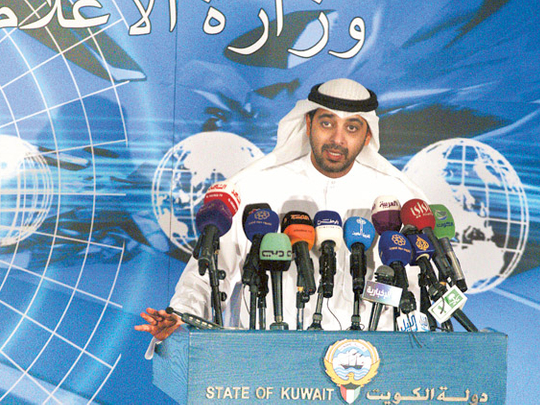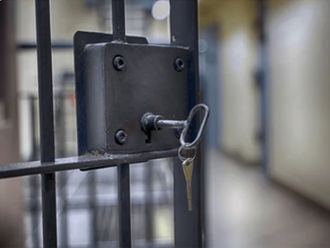
Manama: Kuwait’s political arm-wrestling over power is gaining in intensity days after a constitutional court ruling annulling the 2012 legislative elections and reinstating the 2009 – 2011 Parliament has seemingly ushered in a new round of turmoil.
The court on Thursday ruled that the decree that dissolved the parliament in December and the decree calling for fresh elections were unconstitutional and voided them.
The ruling issued by the court in a case filed by Kuwaiti candidates and voters in the February legislative elections meant that the four-month-old parliament was dissolved, that the government, also formed in February, had to resign and that the parliament elected in 2009 was reinstated.
The cabinet resigned on Monday following an extraordinary session, saying that it was in application of the constitutional court ruling.
The 16-member cabinet, formed by Shaikh Jaber Mubarak Al Sabah who replaced Shaikh Nasser Mohammad Al Ahmad Al Sabah after he stepped down, had already lost two of its ministers who resigned following bitter standoffs with lawmakers that culminated in open grilling and accusations.
The resignation was the ninth by a Kuwaiti cabinet in the last six years.
Sources in Kuwait City said that the new cabinet could be formed in mid-July.
However, many lawmakers from the scrapped parliament have rejected the ruling by the court, charging that it got embroiled in a political controversy and that it had overstepped its legal prerogatives. Some of the 2012 parliament lawmakers were also members of the 2009 legislative house, but they have resisted the court ruling, claiming that the latest parliament was more honourable.
The latest parliament is dominated by conservative tribal allies and hardline Islamists, whereas the preceding house was more liberal, included four women and had better ties with the government.
Several lawmakers opposed to the court decision have issued calls to rally people to their cause and for a reversal of its ruling.
A first rally to demonstrate against the court ruling was scheduled on Tuesday evening in a public square in Kuwait City.
However, fissures within Kuwait’s society have started to appear over the relentless political bickering and have touched the usually publicly united Salafists.
“I will be the first there,” Khalid Sultan, the Salafist deputy speaker of the 2012 parliament, said.
However, other Salafists said that they opposed the rally and that the lack of respect of the constitutional court ruling would inflict damage to Kuwait.
Bloggers and online users were also sharply divided over the merit of the court decision and by the political, constitutional and legal reactions.
Security sources said that rallies were tolerated but warned against abuses or sliding into violence.












